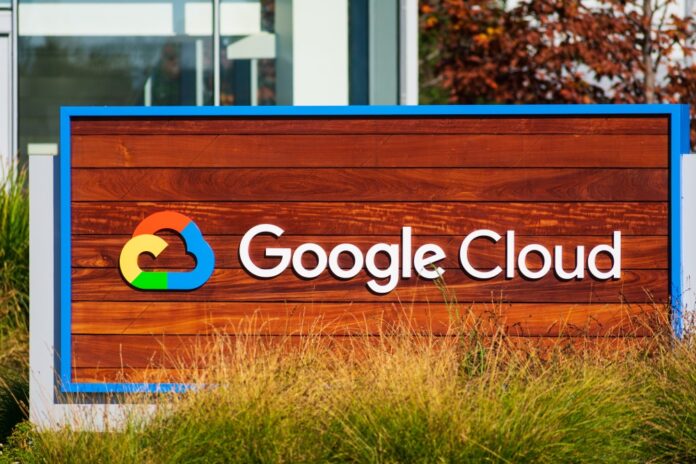Company says restrictive cloud licensing practices hurt companies and impede European competitiveness
Google has stepped up its attack on Microsoft Azure’s cloud practices, filing a European Union antitrust complaint accusing its rival of anticompetitive practices. In a blog post by Google Cloud’s head of platform Amit Zavery and EMEA president Tara Brady said that after years of Microsoft locking customers into Teams, “even when they preferred other providers”, the company is running the same playbook” to push companies to Azure, its cloud platform.
Google suggests Microsoft’s licensing terms restrict European customers from moving their current Microsoft workloads to competitors’ clouds – despite there being no technical barriers to doing so – or impose what “Microsoft admits is a striking 400% price markup”. The number three cloud provider suggests this has hurt European businesses to the tune of at least €1 billion a year. Google said this has several detrimental downstream impacts including wrapping up with the burn of a “heightened risk for organisations exposed to Microsoft’s ‘inadequate’ security culture.”
Microsoft server to blame
Google said that while Microsoft’s licensing practices apply to many enterprise products, it believes Windows Server is central to the company’s strategy of locking customers into Azure. Windows Server is a must-have workhorse in many IT environments, serving as the backbone for applications, files, and services.
When businesses and governments originally paid for Windows Server licenses, they had the right to run them on any hardware they wished – and did so for many years on machines from HP, Dell, Lenovo, and others.
Google pointed out that in 2019, Microsoft adopted new licensing terms that imposed “extreme financial penalties on businesses wanting to use Windows Server software on Azure’s closest competitors, such as Google Cloud and AWS.” According to the company, “Microsoft’s own statements indicate that customers who want to move their workloads to these competitors would need to pay up to five times more.”
For those who choose to keep running Windows Server on competitors’ cloud platforms (despite the cost difference), according to Google, Microsoft introduced additional obstacles over the last few years, such as limiting security patches and creating other interoperability barriers.
“According to research from Professor Frédéric Jenny, a French economist and chairman of the OECD Competition Committee, EU customers face significant hidden costs due to Microsoft’s restrictive licensing that go well beyond inflated pricing. These include taxpayer waste, money diverted from investments in growth, and slower digital transformations,” said the Google execs.
Escalating issue
Earlier this month, Google used similar arguments during hearings between the UK’s Competition and Markets Authority (CMA) and the three big cloud operators as part of that watchdog’s long-running investigation into the health of the UK cloud services market. The three cloud giants are in a balancing act for that investigation because all of them are seeking to avoid remedies being set to the cloud services market.
Microsoft may have more at stake in this investigation now after the CMA subsequently announced it had decided to extend the original reference period by four months to 4 August 2025 as it considers that there are “special reasons” to do so. In taking the decision, in taking this decision, the CMA cited the “complexity of issues raised in relation to the theories of harm investigated, in particular, the licensing practices theory of harm, which was not examined in depth in Ofcom’s market study.”
We come in peace
Google said it has attempted to engage directly with Microsoft. “We have kicked off an industry dialogue on fair and open cloud licensing. And we have advocated on behalf of European customers and partners who fear retaliation in the form of audits or worse if they speak up,” stated the company. “Unfortunately, instead of changing its practices, Microsoft has struck one-off deals with a small group of companies.”
Responding to Google’s allegations, Microsoft told Reuters it had “settled amicably” similar concerns raised by European cloud providers, adding that Google had hoped they would keep litigating. “Having failed to persuade European companies, we expect Google similarly will fail to persuade the European Commission,” it added.
In July, Microsoft did secure a €20m deal to settle an antitrust complaint about its cloud computing licensing practices with CISPE, averting an EU investigation. However, Reuters pointed out that the settlement did not include AWS, Google Cloud Platform and AliCloud, prompting criticism from the first two companies.


